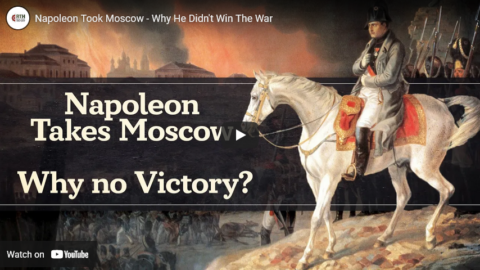Paul Wells watched the most recent Conservative leadership debate so none of the rest of us had to. Let’s take a bit of time to appreciate the sacrifice Mr. Wells made on our undeserving behalf:
Well, that was a national disgrace.
What is it about the last two years that made the Conservative Party of Canada’s Leadership Election Organizing Committee decide Canadians are yearning for shorter conversations about sillier questions?
Who came out of last week’s thoughtful debate at the Canada Strong and Free conference — at least, the questions and the format permitted thoughtfulness, although candidates varied in their ability or willingness to deliver it — thinking there weren’t enough questions about TV viewing habits?
Who surveyed the issue landscape that will face Justin Trudeau on Thursday and would face his successor — war in Europe, inflation, labour shortages, stark conflict between climate targets and natural-resource export imperatives, long-cheated and still-difficult Indigenous reconciliation, exiting from COVID — and thought, “Keep the answers short. We want time to hear them out on what’s on their playlists”?
As a mechanism for allowing Canadians to weigh the judgment of six people, one of whom might, after all, be the next prime minister, the evening was a write-off. We learned that Leslyn Lewis likes “Coltrane” and was eager not to be asked to name a second musician, that Jean Charest likes Charles Aznavour and doesn’t know how to pronounce Pat Metheny, that moderator Tom Clark isn’t sure how to pronounce Roman Baber, and that Charest and Scott Aitchison were reckless enough to trigger the dreaded sad-trombone sound effect for the sin of mentioning the prime minister of Canada by name during a political debate.
Probably you didn’t watch the debate. Probably you read that last paragraph and thought, well, Wells has finally lost his mind, it had to happen eventually. But no, this is a faithful record of … of … of whatever that was that just happened in Edmonton. Sorry, I’m stuck with the material. There is no way I could make this stuff up. If I were making something up, it would be funnier.
Clearly the organizers fell prey to two of the most fashionable current temptations in debate design: “Keep it snappy” and “Let’s get to know these candidates as people.” As though the decline of modern government were caused by excessive reflection and insufficient attention to our leaders’ public image.








